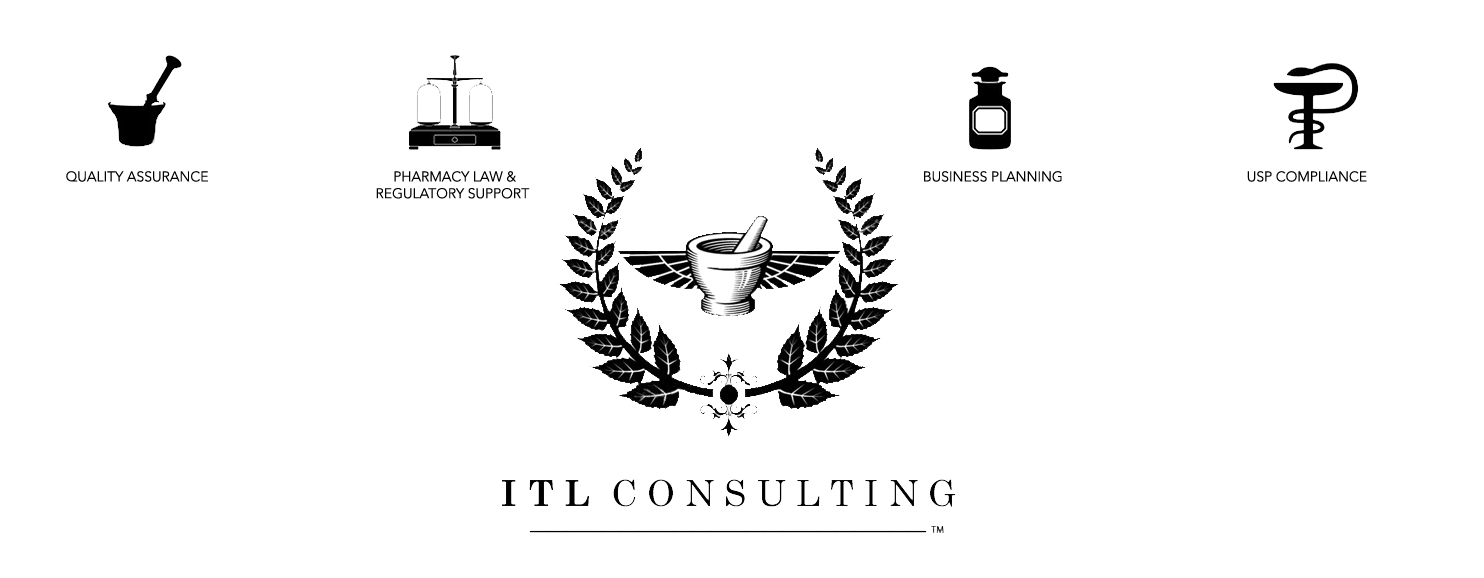The passing of HR 3204, the Drug Quality and Security Act (DQSA) has led many pharmacies to reconsider their business model. With a murky federal line drawn between "traditional" compounding pharmacies and outsourcing facilities, business owners around the country are making the decision to register as an outsourcing facility or restructure their operation to remain profitable while significantly blunting the scope of their operation to comply with these new requirements. While future outsourcing facilities are busy preparing applications, information and other paperwork required for federal authorities, a common question being asked by stakeholders is "Is all this work going to make the medication any safer?" FDA Commissioner Margaret Hamburg might answer the question with a resounding yes. Others may disagree.
Historically, the FDA has never been able to regularly inspect all the facilities it grants licenses to. Its demand to Congress to grant them oversight of even more facilities has left many wondering how they are going to find the resources to carry out even more inspections.
The DQSA describes the way the FDA plans to inspect outsourcing facilities. Their "risk-based" inspection frequency offers the following criteria:
- compliance history of the outsourcing facility
- record, history, nature of recalls linked to the outsourcing facility
- inherent risk of the drugs compounded at the outsourcing facility
- the inspection frequency and history of the outsourcing facility, including whether the outsourcing facility has been inspected pursuant to section 704 in the last 4 years
- whether the outsourcing facility has registered under this paragraph as an entity that intends to compound a drug that appears on the list in effect under section 506E (drug shortages)
- Any other criteria deemed necessary and appropriate by the Secretary for purposes of allocating inspection resources
Since March, around 35 pharmacies have registered as outsourcing facilities with the FDA. The President has asked for an additional $25 million dollar appropriation for the FDA, which they intended to use for the inspection and enforcement of traditional compounding pharmacies, according to budget notes. The FDA appears to be worried more about exercising their discretion against traditional pharmacies rather than inspecting and guiding outsourcing facilities.
In addition to their recent questionable promotion of outsourcing facilities to lawmakers, hospitals, professional organizations, and countless others as a 'higher' standard drug provider, the FDA seems to lack an understanding of the Congressional intent of the DQSA, or just seems to blatantly ignore it. Numerous drug recalls from manufacturers occur on a daily basis and vastly outnumber those from compounding pharmacies. But manufacturers don't utilize the same "risk-based" inspection frequency set forth for outsourcing facilities.
Furthermore, the FDA is now infringing upon the states' authority to regulate the practice of pharmacy compounding. The FDA has sent numerous warning letters to compounding pharmacies, finding them in violation of federal laws for engaging in office use compounding. According to their interpretation of the DQSA, they have taken section 503a to mean, no office compounding. Period.
Through their subjective interpretation of the DQSA, the FDA is granting itself the authority to override the individual states which have provisions for office use compounding and cite pharmacies. Because of their string of actions, there are pending warnings which may evolve into court cases that could set new precedents for FDA's criteria of inspections and authority.
Until this happens, the FDA is likely to continue with their line of attacks against traditional compounding pharmacies, utilizing the resources they are being granted by Congress to abuse their discretion, rather than promote and encourage patient safety. Pharmacies have two choices: they can either follow their state laws, and be cited to be in violation of federal laws, or they may obey the FDA's warnings and turn patients and prescribers away. Regardless of this choice, this does not promote patient safety or find favor for the compounding pharmacist.
